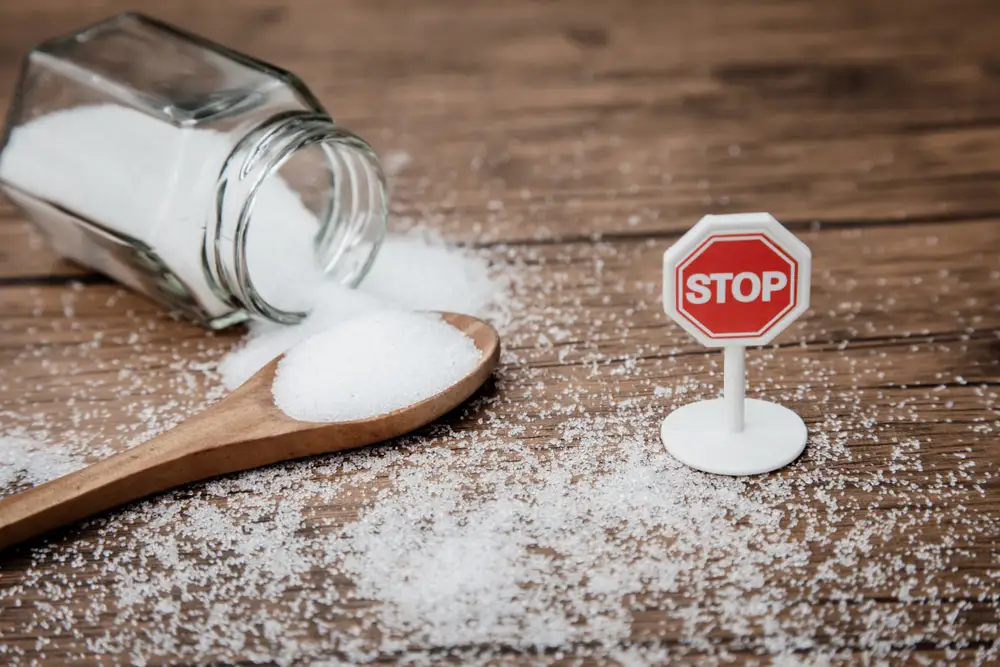Self-isolation is tough, particularly if you’re living on your own. The Australian government recently announced the creation of a “mental health response plan5” to help alleviate the anguish that some people are feeling as a result of lockdown. While this may help, there’s still plenty we can do ourselves to improve our mental health.
In this article, we’ll reveal some key mental well-being tips that can help you get through the coronavirus lockdown.
- Talk To Your Friends And Family Regularly
Humans evolved from an unimaginably long line of ancestors who lived in social groups, over tens of millions of years1. This is one of the reasons that loneliness can feel so devastating—our species is built to live among others. With the virus forcing governments to introduce lockdown laws and social distancing, we’re liable to feel pangs of loneliness as we start to miss our friends and family.
Thankfully, technology allows us to stay connected in a variety of ways. Many video conferencing apps such as Google Meet and Zoom are easy to set up, free to use, and offer the means to catch up with the people you appreciate the most. We can partake in a little Friday night digital drinking, consuming beer and wine while grinning into the fluorescent glow of our laptops as our friends unearth inappropriate old yarns. Or we can catch up with our adorable pop as he goes into detail about the latest scandal on A Current Affair, and why he doesn’t think the country is the same as it once was.
Lockdown is providing us with an excuse to catch up with people who we haven’t spoken to in years; the chance to revitalise old friendships, so that we emerge from lockdown with more friends than ever before.
- Exercise
This is the king of mental well-being tips. There’s a good reason that the government is still allowing exercise during lockdown—it’s one of the most important things that we can do for ourselves. Regular exercise reduces feelings of melancholy, anxiety, and depression. It also helps to improve our self-esteem and energy levels, reduces our weight, and provides a better night’s sleep3.
Exercise is the one habit that can improve your life in a variety of ways, and with our daily commute paused, we now have a little extra spare time to get started. No more excuses! You can try popular exercises such as jogging or cycling, or if you’re feeling brave, download an app that guides you through a high intensity training session. There’s also swimming, dancing, yoga, lifting weights, or anything else that gets your heart pumping for 30 minutes a day2. The key is to find a form of exercise that is fun for you, so that it feels less like strenuous work.
- Eat Healthily
The field of nutritional psychiatry is based on the idea that you can improve your mental health by eating the right food. Our enteric nervous system is a mesh of millions of neurons that governs our gastrointestinal tract, telling our brain how hungry we are, whether we’re stressed, or whether we’ve eaten something we shouldn’t have4. The system is so important, it’s often referred to as “the second brain,” with studies showing that the health of our gut can determine the health of our mind4. Nutritional psychiatry teaches us that by eating more whole foods, fewer processed foods, and less sugar, you’re helping to create good bacteria in your gut, and improving your mental well-being by doing so. - Meditate
A few decades ago, the idea of meditation may have conjured images of saffron-clad monks sitting atop spectacular Tibetan mountains, omming into a sprawling valley. Today, meditation is a popular practice in the Western world, offering wonderful mental health benefits that match closely with those of exercise, such as reduction of stress, anxiety, emotional health, and improved sleep. It also makes you more self-aware, improves your attention, increases your kindness, and may help to fight toxic addictions.
All you need to meditate is yourself, and some patience. While it can be uncomfortable at first, if you start slowly and easily (as you should with any new habit), meditation is a fantastic way to improve your well-being while stuck in lockdown. If you want to learn how to meditate, check out the link at the end of this article.
- Avoid Junk Journalism
News plays an important role in our society, teaching us about the latest and most relevant events around us. But many media companies and newspapers use scare tactics to capture your attention and sell more of their product, under the guise of being informative news. These “infotainment” sources can be poisonous for our mental health, by creating a warped sense of reality where nothing is good, and everything is out to get us. For the sake of our well-being, the sensationalised drivel that these organisations create must be ignored in favour of reputable media companies with a history of good reporting.
The coronavirus lockdown has caused some people to feel a lack of control over their lives, with damaged mental health as a consequence. But there’s still plenty of constructive activities within our grasp, which can help us return to a positive state of mental and emotional well-being, and re-enter the world with smiles on our faces.
Useful links
How to meditate
References
Richard Dawkins, 2004, The Ancestor’s Tale, Weidenfeld & Nicolson, UK
Edward R. Laskowski, M.D., Exercise: How much do I need every day?, Mayo Clinic
Ashish Sharma, M.D., Vishal Madaan, M.D., Frederick D. Petty, M.D., Ph.D., 2006 Exercise for Mental Health, Prim Care Companion J Clin Psychiatry
Justin Sonnenburg, Erica Sonnenburg, 2015, Gut Feelings–the “Second Brain” in Our Gastrointestinal Systems, Scientific American
Shannon Jenkins, 2020, COVID-19: mental health takes focus of latest PM update, The Mandarin
What Causes Mouth Ulcers? How To Treat & Prevent Them Effectively
Mouth ulcers are a common oral condition that affect most people at some point in their lives. They can be uncomfortable, but they are usually harmless and will heal within 10 to 14 days without treatment. Here’s everything you need to know about mouth ulcers, including what they are, what causes them, the best treatments,…
Acute Vs Chronic Medical Conditions
No matter how old or young you are, we are all susceptible to acute and chronic medical conditions. Both conditions differ in how long they last and how severe the diagnosis is. An illness or condition can be as simple as the flu, or in a more severe case cancer or arthritis. Whether it is…
How Much Sugar Per Day?
Sugar is a type of carbohydrate and a source of energy for our bodies. It can occur naturally in foods like fructose in fruit, glucose in fruits and vegetables, and maltose in wheat and barley. However, manufacturers also often add sugar to extend the shelf life of foods, improve their appearance and/or make them taste…




